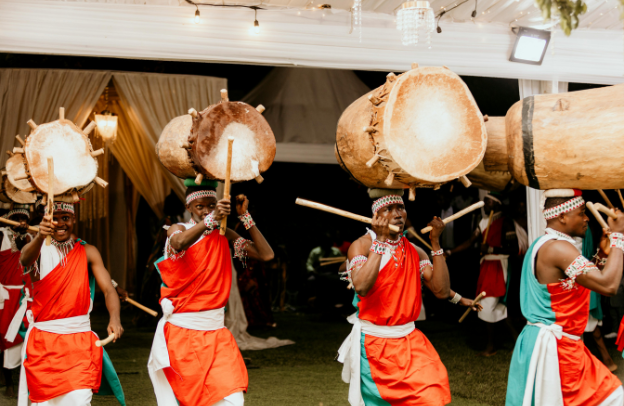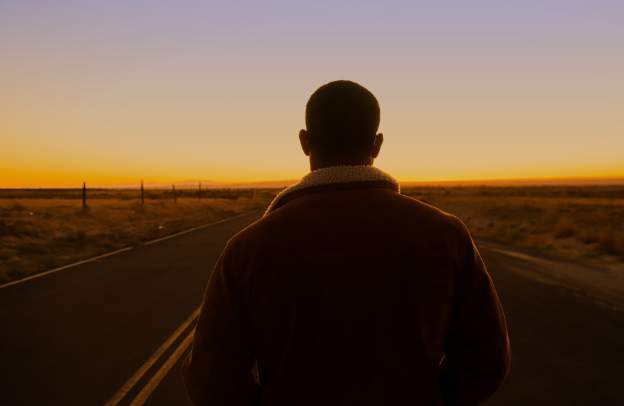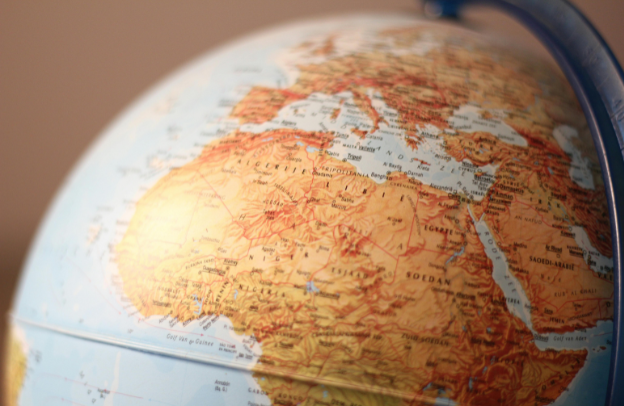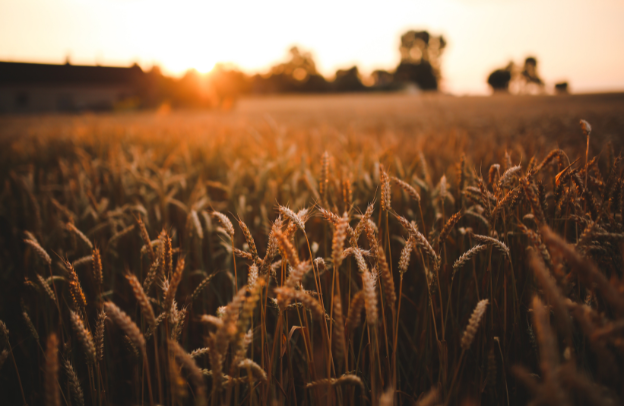How Rediscovering African Indigenous Knowledge Fosters Rootedness, Empowerment, and Cultural Preservation

What if the answers to some of today’s most pressing global problems had been sitting in your ancestral soil all along? What if the knowledge to heal, sustain, and nurture your communities lay within the wisdom of your elders, passed down through stories, rituals, and practices long dismissed by mainstream science?
Learn How to Leverage Your Story through our Story To Asset Transformation (S.A.T) Framework.
African Indigenous Knowledge Systems (AIKS) have endured for centuries, offering sustainable practices, deep ecological understanding, and profound insights into human existence. Yet, how many of us, especially in the diaspora, truly know and appreciate this rich inheritance?
For generations, African Indigenous Knowledge was overshadowed by colonialism and the rise of Western scientific paradigms. Today, however, a new wave of recognition is sweeping across the globe—reconnecting people to their roots, to knowledge systems that are more relevant than ever. As an African descendant, you may wonder,
- How can I reconnect with these traditions
- How do I apply their wisdom in today’s world?
- And why does it matter?
This article will explore the value of AIKS, the challenges it faces, and how you can be part of reviving and preserving this profound legacy for generations to come.
Understanding African Indigenous Knowledge Systems (AIKS)
At the heart of African Indigenous Knowledge Systems is a holistic approach to life—one that sees no division between the natural world, human beings, and the spiritual realm.
AIKS encompasses a deep understanding of ecology, agriculture, medicinal practices, technology, governance, and much more, all rooted in the cultural and spiritual context of the community. It’s not just knowledge; it’s a way of being, living, and relating to the world around us.
AIKS has always been passed down orally, through stories, songs, dances, rituals, and community practices. Unlike Western knowledge systems, which tend to compartmentalize and specialize, AIKS integrates every aspect of life.
See also The Heartbeat of Africa: Rediscovering the Power of Indigenous Knowledge Systems (IKS)
These knowledge systems are dynamic, ever-evolving, and deeply interconnected with the environment. From the way crops are cultivated to how conflicts are resolved, AIKS is holistic in its approach, emphasizing harmony between people and nature.
This worldview sees the natural environment as a living, sacred entity, and human beings as stewards of the earth, not its conquerors.
For instance, traditional African farming techniques, which utilize indigenous plants and sustainable practices, are an example of AIKS in action. These practices not only respect biodiversity but also ensure the land remains fertile for generations.
Similarly, AIKS includes sophisticated systems of governance, where community elders, guided by wisdom and respect for collective well-being, lead with a deep understanding of social dynamics and conflict resolution.
The cosmology of AIKS is rooted in the belief that all life forms are interconnected. This worldview fosters a profound respect for life in all its forms—humans, animals, plants, and the land. In a world that is increasingly disconnected from nature, AIKS offers a vital alternative, one that promotes sustainability, mutual respect, and balance.
The Challenges Facing AIKS Today
Despite its invaluable potential, African Indigenous Knowledge faces significant challenges, many of which are the result of centuries of colonial subjugation. Colonization did not just reshape African political borders—it sought to erase African ways of knowing and being.
Western colonial powers imposed their own knowledge systems, often labeling African knowledge as primitive or irrational, and actively sought to replace them with Western scientific ideologies.
This legacy persists today, as many African countries continue to operate under education systems that prioritize Western knowledge while dismissing indigenous ways of knowing.
African universities and research institutions often remain firmly entrenched in Eurocentric epistemologies, marginalizing African Indigenous Knowledge. As a result, the value of AIKS is still not fully recognized within many academic and political circles.
Beyond the external forces, AIKS also faces internal challenges. These include the misrepresentation of AIKS as solely ethnic or tribal knowledge, which has led to fragmentation. While AIKS is often rooted in local contexts, its principles are not bound by ethnicity.
Instead, AIKS serves as a universal framework for understanding and interacting with the world. However, colonial and post-colonial politics have manipulated ethnic divisions, often using AIKS to fuel conflict rather than resolution (MacMichael, 1912).
Furthermore, AIKS faces epistemological challenges. Critics argue that indigenous knowledge systems are based on spiritual and mental perceptions rather than empirical evidence. This has led to a dismissal of AIKS as unscientific or superstitious.
However, such criticisms overlook the practical efficacy and adaptability of AIKS. Indigenous practices have sustained African communities for millennia, proving their resilience and relevance in different historical and ecological contexts.
The Key Principles and Values of AIKS
Despite these challenges, AIKS remains a treasure trove of principles that can guide us in the present and future. Let’s explore some of the core values embedded in AIKS:
Holism: AIKS recognizes the interconnectedness of all life forms. It acknowledges that the spiritual, natural, and human worlds are deeply intertwined. In contrast to the Western tendency to compartmentalize knowledge into distinct disciplines, AIKS sees everything as part of a greater whole, ensuring that no aspect of life is treated in isolation.
Community and Collectivism: In AIKS, knowledge is a communal asset, passed down from one generation to the next. The individual’s role is always in relation to the community, and AIKS encourages cooperation, shared responsibility, and collective action. This community-based approach fosters unity and mutual support, ensuring that everyone’s needs are met.
Sustainability: AIKS prioritizes environmental stewardship, with an emphasis on sustainable resource management. Traditional African farming techniques, medicinal knowledge, and ecological practices all reflect a deep understanding of balance with nature. This sustainable mindset is crucial in a world facing climate change and environmental degradation.
Spirituality and Respect for Life: AIKS is inherently spiritual, recognizing the sacredness of all life. From ancestral worship to the reverence of natural elements, spirituality is central to the way AIKS views the world. This deep respect for life, both human and non-human, offers valuable insights into how we can approach ecological crises with greater empathy and care.
Orality and Storytelling: The transmission of AIKS through oral traditions is not just about preserving knowledge but also about connecting with one’s identity and history. Stories, proverbs, songs, and rituals are the vehicles through which AIKS is passed down. These narratives are not only informative but also transformative, shaping the worldview of individuals and communities.
Opportunities for AIKS in the Modern World
AIKS offers an alternative framework for addressing some of the most pressing issues of the 21st century. The growing awareness of environmental degradation, social inequality, and global health challenges presents an opportunity to integrate indigenous knowledge with modern scientific approaches.
See also Harnessing Indigenous Knowledge for Sustainable Agriculture and Rural Development
AIKS is not opposed to Western science but offers complementary insights, particularly in areas such as sustainable agriculture, ecological conservation, and conflict resolution.
The revival of AIKS also offers a pathway to cultural empowerment and identity reclamation for African communities in the diaspora. By reconnecting with these knowledge systems, individuals can rediscover a sense of rootedness, pride, and purpose.
As the African diaspora navigates the complexities of modern identity, AIKS offers a deep reservoir of wisdom that can ground people in their cultural heritage.
How to Reconnect and Preserve AIKS
Reconnecting with AIKS is not just about looking to the past but also about finding ways to bring these practices into the present. One of the most effective ways to engage with AIKS is through storytelling and oral traditions.
Seek out elders and community leaders who can share their knowledge, listen to the stories that have been passed down through generations, and immerse yourself in the cultural practices that embody AIKS.
Technology also offers a unique opportunity to preserve and share AIKS. Digital platforms can be used to archive oral histories, document traditional ecological practices, and connect with other members of the African diaspora who are also on a journey of cultural rediscovery.
Platforms like African Digital Heritage and The Global African Diaspora Network serve as bridges for preserving this knowledge and making it accessible worldwide.
Conclusion: Reviving a Legacy for the Future
African Indigenous Knowledge Systems are not relics of the past; they are living, evolving bodies of knowledge that hold immense value for today’s world. As you reconnect with your heritage, you become part of a larger movement to reclaim and preserve this knowledge for future generations.
AIKS offers the tools to build stronger, more resilient communities, to reconnect with nature, and to live in harmony with the world around us. Now is the time to listen, learn, and act—to ensure that these priceless systems of knowledge endure for centuries to come.
Learn How to Leverage Your Story through our Story To Asset Transformation (S.A.T) Framework.





